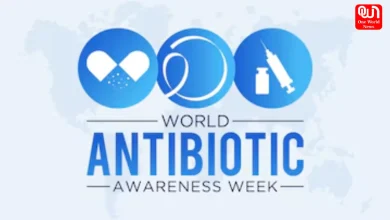Liver disease could be prevented by asthma drugs

Find out how Liver Disease can be prevented by Asthma Drugs
Drug used in prevention of allergies and asthma could prevent liver disease
Find out how Liver Disease can be prevented by Asthma Drugs:- A drug which is commonly used for the prevention of allergies and asthma has also shown promise in preventing liver disease and reducing the need for transplants, says a study.
The study, which was conducted in mice, found that cromolyn sodium has successfully blocked a series of cells that further trigger liver scarring (known as fibrosis), which in some advanced cases can lead to cirrhosis.
The research had been direct outgrowth of the previously published works which had involved the same drug for bile duct damage and also liver cancer.
“If you base it off then these studies, moreover, the possibility of further reducing or preventing fibrosis in patients could be very high,” said by one of the researchers, Heather Francis from Baylor Scott & White Health in Texas, US.

Read Here : Forget Samba, It’s time to Zumba
Where was the study published?
The finding were published in the journal Hepatology, could mostly impact the patients with primary sclerosing cholangitis (PSC), a chronic disease that further damages bile ducts and causes serious liver damage.
However, the disease has no effective treatments and it leaves the patients with few options beyond a liver transplant.
In particular, the study has also evaluated mast cells (MCs), which are known to further infiltrate and multiply after the liver injury and release histamine, which causes fibrosis.
Using a model that had mimics human primary sclerosing cholangitis, researchers found out that the drug had managed to successfully blocked that histamine, which in turn reduced the fibrosis.
“Given the limited treatment options for the PSC patients, we are also thrilled with these study insights,” Gianfranco Alpini, the Director of the Digestive Disease Research Center at Baylor Scott & White, said.
“We need to further perform additional experiments in order to ensure that we are giving a dose that would be tolerable to humans,” Francis pointed out.







